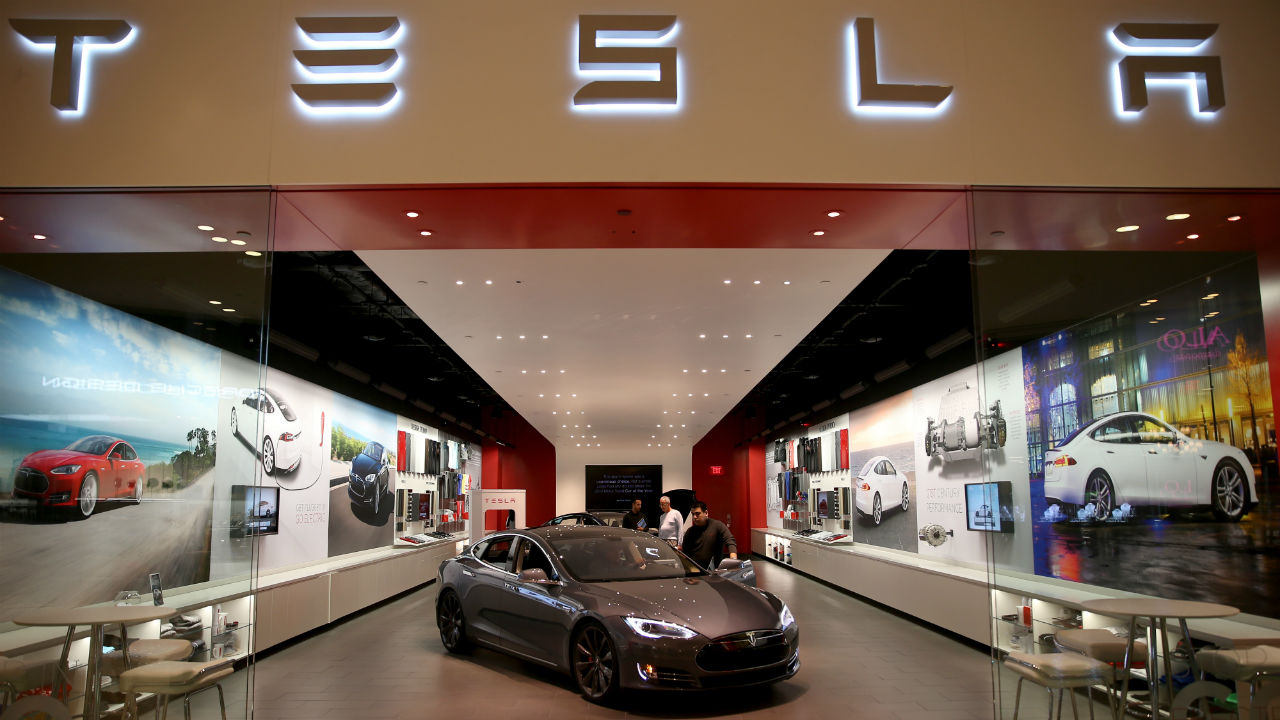Tesla Motors says it will vigorously defend a lawsuit filed by the Virginia Automobile Dealers Association (VADA) that seeks to stop the all-electric automaker from opening a second store in the state.
The lawsuit filed Wednesday by VADA claims Tesla and the state’s Department of Motor Vehicles commissioner Richard D. Holcomb violated a 2013 agreement that the automaker could not own or operate a second dealership in the state until August 2017, Reuters first reported this week.
State law prohibits a manufacturer to own or operate a dealership. However, the DMV commissioner is allowed to grant a license if a hearing determines that there is no dealer independent of the manufacturer that can operate a franchise. Tesla was granted such a license through a settlement agreement in December 2013.
Get Data Sheet, Fortune‘s daily technology newsletter.
Tesla says the lawsuit is “entirely without merit” and that it’s always complied with a settlement agreement that paved the way for Tesla’s current store in Tysons Corner, which opened in February 2015. The agreement doesn’t prohibit Tesla from seeking to open a second store, the company said in a statement. From Tesla:
In fact, the agreement expressly states that it does not have “any effect on any future application that Tesla may file” and does not restrict Tesla from further petitioning the DMV for additional stores. That is what Tesla has done, and both Tesla and the DMV have complied with all laws in doing so. We will vigorously defend against VADA’s lawsuit and continue to fight for our customers and consumer freedom in Virginia.
Tesla sent a letter to Holcomb in January 2016 requesting a hearing to consider a issuing a license to open a second store in Virginia. A public hearing was scheduled for March 31. VADA claims in the lawsuit that Tesla never informed it about this request, which it argues violates the settlement agreement reached in 2013.
In addition to the lawsuit, VADA has sent an official request to stop the scheduled March 31 public hearing.
Tesla has a different business model than other automakers. It sells its own cars directly online and through its own branded stores, not through franchised dealerships. All U.S. states have laws that prevent automakers with existing franchisees from opening their own dealerships to compete with them. However, dealer associations in a number of U.S. states, including Massachusetts, Missouri, North Carolina, and Washington, have tried to expand the law to include manufacturers like Tesla that don’t have franchise dealers.
Auto dealership associations, lawmakers, and even General Motors (GM) have stepped up efforts to end—or at least cripple—Tesla’s direct sales business model. Tesla’s has had mixed results fighting these attacks.
Tesla lost in Michigan and West Virginia, but it won in New Jersey. Now the company is focused on Connecticut, where it has introduced legislation that would allow a manufacturer to obtain a dealer license, effectively giving Tesla the ability to sell its cars directly. Tesla also reignited efforts in Michigan last month by applying for a dealer license to test the limits of the state law preventing it from selling vehicles there directly to consumers.
Tesla puts limits on autopilot. Watch:
In other states, namely Indiana, the battle is still underway. In February, Indiana legislators were considering a bill backed by GM that would ban auto manufacturers from directly selling their vehicles to consumers—Tesla’s model—and instead require them to use the franchise dealership model used by traditional automakers. The so-called “Kill Tesla” bill was sent to a summer study committee, effectively putting it on hold.
